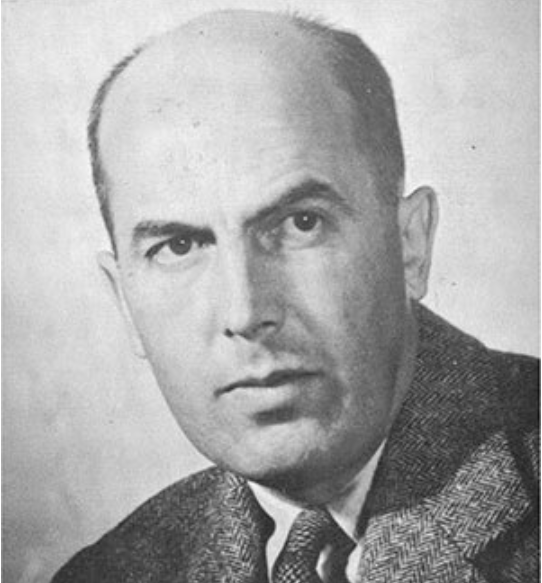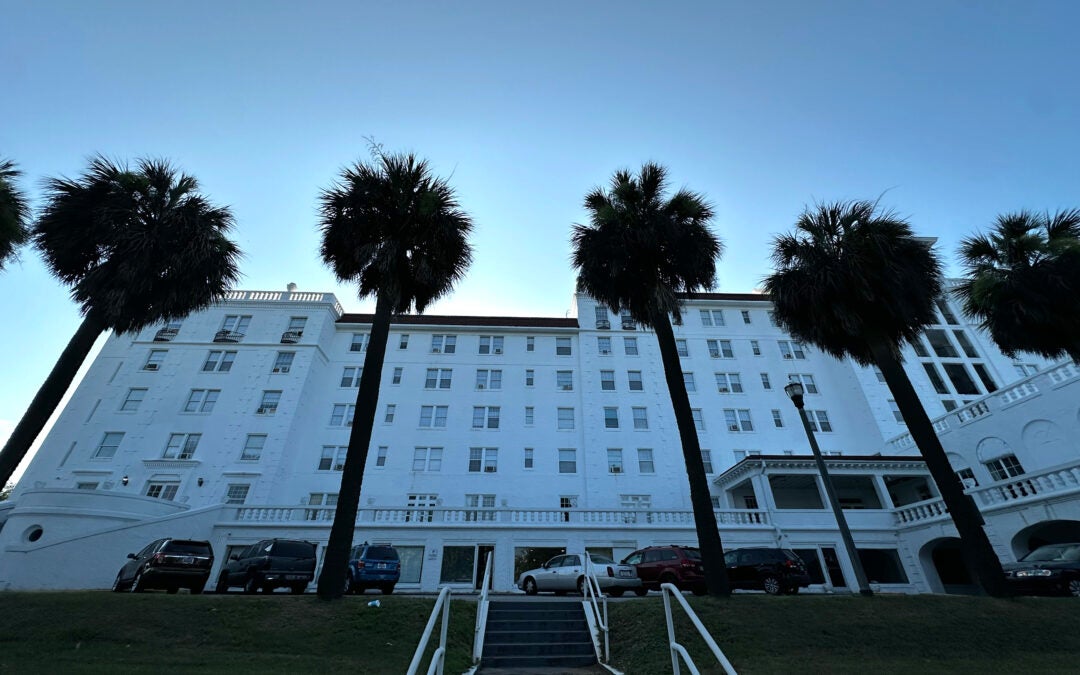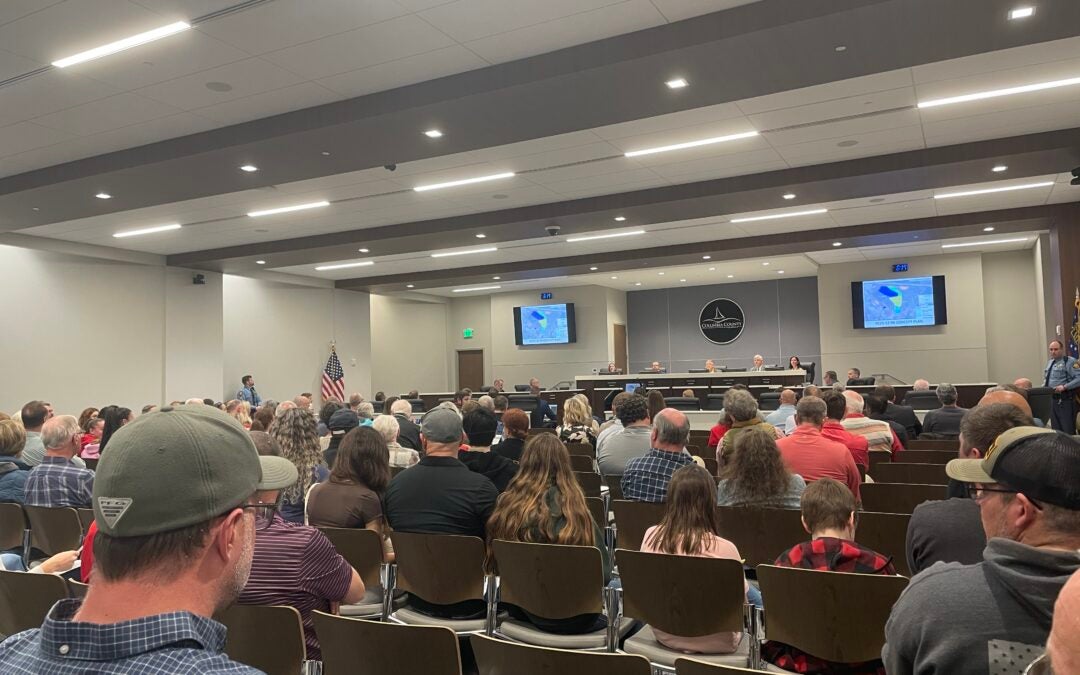American Novelist Berry Fleming found his voice in writing novels with a distinct manner of Southern humor that some say rivaled Twain for his ability to describe and twist real events into provocative social narratives.
Growing up in turn-of-the-20th-century Augusta, Fleming had a front-row seat to governmental corruption in action, giving him fodder for multiple tales involving the “political machine.”
While people still march under banners proclaiming “defeat fascism,” many people forget that Fascist-style one-party rule was the norm in most of the postbellum South. Some got rich off the system and detractors were routinely silenced.
Perhaps his best known work, “Colonel Effingham’s Raid,” with Augusta as the thinly veiled setting and location, certainly highlighted the author’s ability to cast shame upon the real Fascists of his time by exposing their methods and their motivations of greed.
Fleming also wrote several other books, “The Lightwood Tree” and “The Make-Believers” among them, all loosely set in the Garden City.
By the time that “Colonel Effingham’s Raid” was published, Fascism in Europe had been defeated, but vestiges of that political ideology remained alive and well in the American Deep South.
Many people in Augusta reacted in shock at the corruption of recent former Mayor Hardie Davis Jr. and the amount of waste and graft taking place at the Marble Palace under his tenure; however, Davis would have been considered a novice when compared to the Augusta Cracker Party bosses of the 1900s through the 1940s.
Much like the downfall of Davis, “Colonel Effingham’s Raid,” tells the tale of the fictional mayor of Fredericksville being exposed by intrepid journalists, but the story was most definitely based on real events that were happening in Augusta. However, there would be two completely different outcomes.
Fleming was born in Augusta and had established a national reputation in 1924 when he moved with his wife and young family to New York City in an attempt to widen his audience.
The move was short-lived, and Fleming came back to his hometown ten years later and became a reporter for The Augusta Chronicle, which allowed him to settle in and write his fiction as almost a side-gig. It was during this time he learned of the seedy, rotten and corrupt one-party rule of the Crackers.
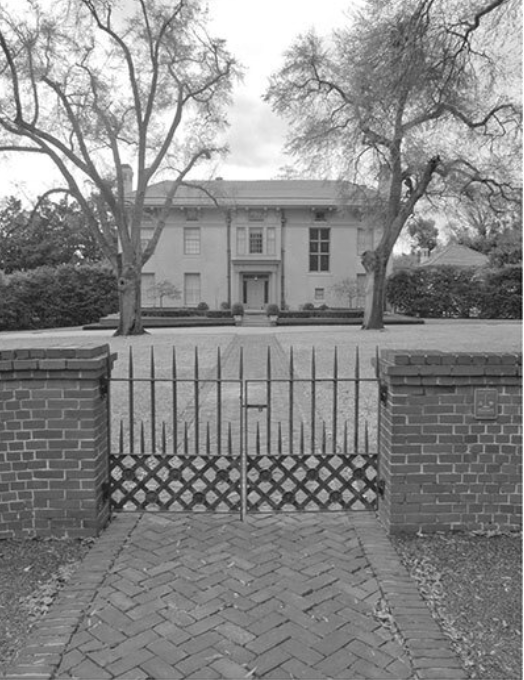
As war raged overseas, the same type of political ideologies being fought against were alive and well throughout the South, according to Tom Mack, author of the book “Hidden History of Augusta.”
The Cracker party, Mack writes, routinely bought votes, bribed officials, took kick-backs from municipal employees and used “Gestapo” tactics to get their way. Like Mussolini’s Italy, mere mention of the South’s version of the Black Shirts, the Ku Klux Klan, was enough to snap an individual, Black or White, into towing the party line.
In “Colonel Effingham’s Raid” the protagonist, newly retired United States Army Colonel William Seaborn Effingham, returns home in in 1930 and uncovers a plan by the Cracker Mayor Bill Silk to “beautify” the government center square, when he discovers the mayor is using the courthouse beautification plan and Confederate Memorial Statue as a “bait and switch” to actually demolish the historic courthouse building and make himself a tidy profit.
In true Augusta fashion, Silk’s plan was to make sure his brother-in-law received the bids to demolish the old building and erect the new building in its place. The Confederate Memorial was to be dedicated to the memory of Pud Toolen, a long-dead politican hardly anyone had ever even heard of.
Silk is clearly the fictional version of longtime Augusta strongman “Boss” John Kennedy, who was the unelected fire chief, but who, according to Mack, virtually ran Augusta as a one-party state thanks to his affiliation with the Cracker Party and the party’s close association with the Ku Klux Klan.
According to the New Georgia Encyclopedia, Twentieth Century Fox immortalized the book in the 1946 film adaptation of “Colonel Effingham’s Raid,” starring Savannah-born actor Charles Coburn in the title role.
Of course, after a lengthy battle to save the old courthouse, Effingham thinks he has totally lost the effort until, at the last moment, a public meeting is called and public support for the mayor collapsed.
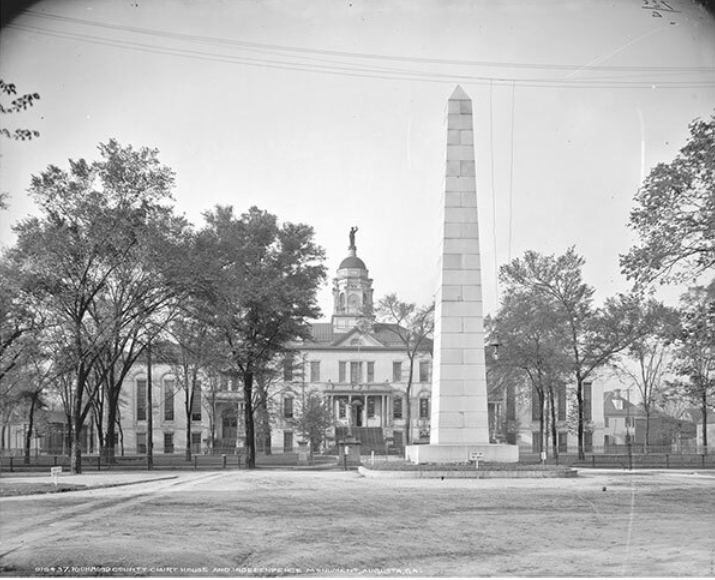
It is unclear if the book and movie had any impact on real Augusta, but Kennedy and his Cracker Party began to decline right around the same time.
However, life does not always imitate art. Fleming’s book plot centers around the impending destruction of a historic and beloved courthouse building, and that plot was actually happening in real life behind the scenes in Augusta.
The real-life courthouse was not saved. It would be replaced in 1957, and a quick check of the media during the time would likely show that there were enough smoky-room politics to make for yet another Fleming tale.
Mayor Kennedy would come to a scandalous end, according to Mack, when during a heated argument, his wife decided she had had enough of being on the business end of his fists and shot him six times, killing him in the family kitchen.
…And that is something you may not have known.
Scott Hudson is the Senior Investigative Reporter and Editorial Page Editor for The Augusta Press. Reach him at scott@theaugustapress.com

